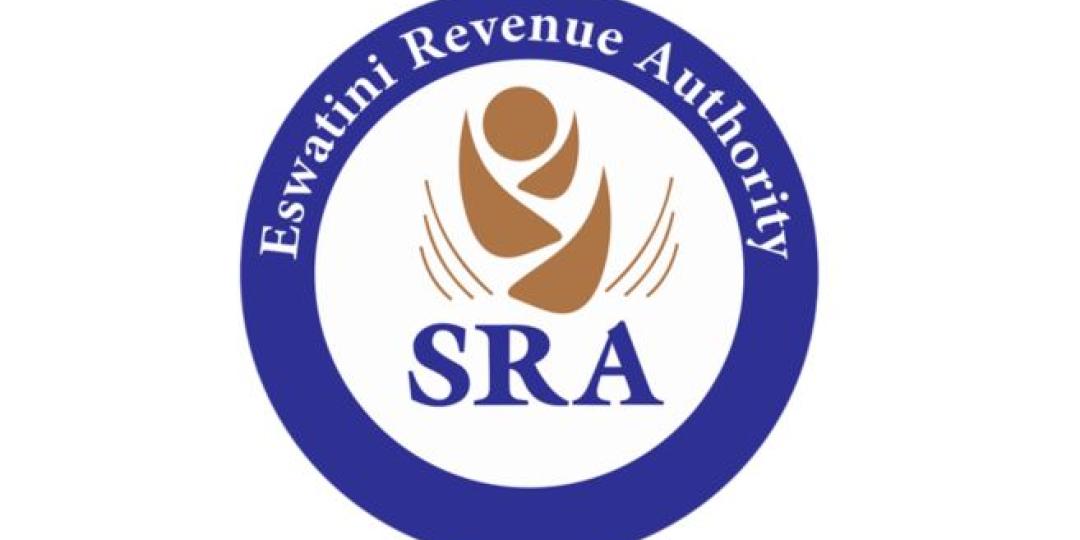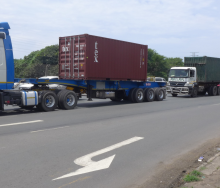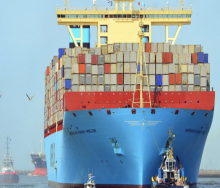A big step towards cloud-based cross-border trade enablement in Africa came from one of the continent’s smallest countries when Eswatini’s Revenue Authority (SRA) last week launched a national electronic tariff platform developed by Global Trade Solution (GTS).
The launch was undertaken as part of the European Union-World Customs Organization Programme for the Harmonized System (HS) in Africa funded by the European Union. It is an important milestone in the preparation for the WCO HS 2022 release and also heralds a first for Africa as it prepares itself for seamless trade flows once the African Continental Free Trade Area is up and running.
“What is phenomenal about the Eswatini engagement is that not only are they the first on the African continent to do this, but the project initiation was in May and launched on the 1st of September,” said GTS CEO Louise Wiggett.
She emphasised that not only did the project completion take place over three months – June, July and August – but it had occurred during a difficult period when Covid-19 and lockdown restrictions had tightened their hold on South Africa and its landlocked trade partner.
Interestingly the pandemic, by default, created the kind of challenging environment demanding digitised customs efficiencies.
“Getting the electronic tariff platform up and running and actually formally launching it under such conditions,” Wiggett said, “attests to a remarkable achievement of the collaborative effort between the SRA, WCO and GTS.”
The platform collates, consolidates and digitises customs HS tariff and duty data as well as prohibited and restricted information and other tariff related information around imports and exports onto a seamless online platform, eradicating the need for paper-based information to be available.
In addition, "the aim is to improve trading efficiencies and lower the overall cost of doing business in Eswatini.
"Another first for SRA is the fact that the tariff platform will be integrated with the Customs Management Solution of SRA, thereby creating a streamlined and efficient process that will greatly reduce the effort and time for SRA in maintaining the Customs HS and duty information.
“The e-tariff platform has been developed through a series of consultations, including with the private sector in Eswatini. While the tariff platform is fully operational, SRA will continue to gather feedback from the users and address their needs in partnership with GTS with the aim to provide an efficient tool and a comprehensive trade facilitation experience,” Wiggett said.













